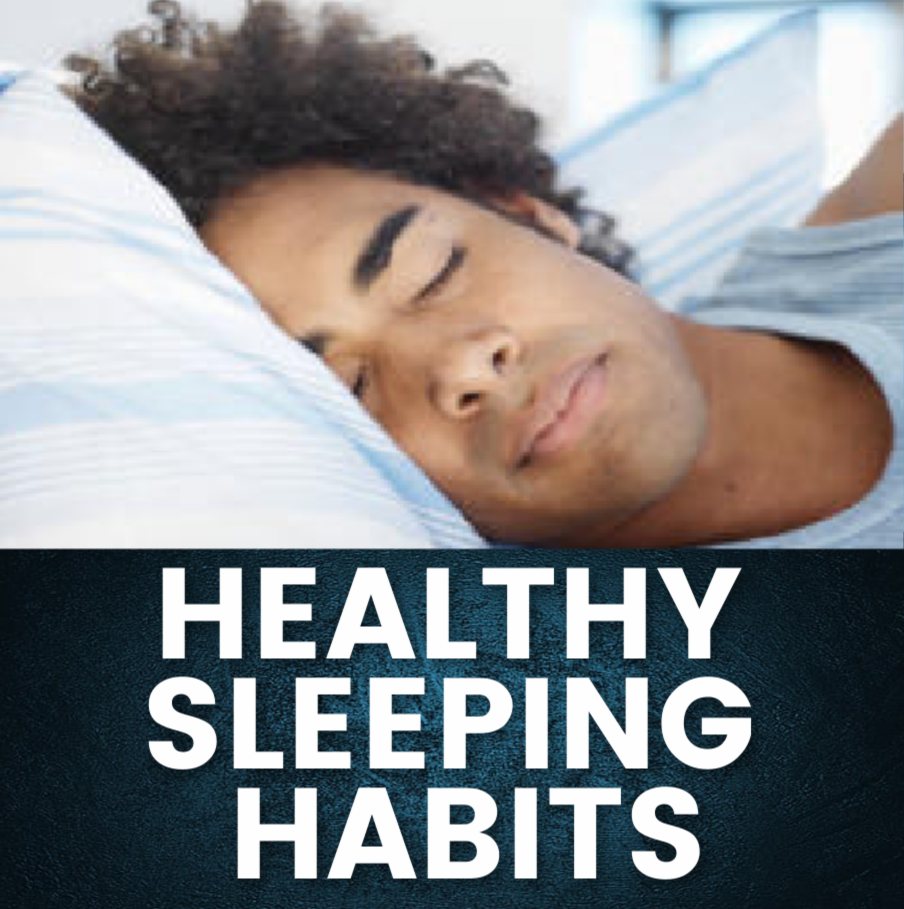|
How Sleep Disorders Interact with Headache and Migraine
Key Points:
People living with migraine are between 2 and 8 times more likely to experience sleep disorders, compared with the general public. Those living with chronic migraine—which includes experiencing headache 15 or more days per month—report having almost twice the rates of insomnia as those with less frequent headaches. These higher-than-normal rates are due to migraine comorbidities and some migraine lifestyle factors that make good sleep harder to achieve. Fortunately, specific sleep patterns can be used to identify sleep disorders for treatment. Common Sleep Disorders Insomnia The most common sleep problem for people living with migraine is insomnia. This includes difficulty falling or staying asleep, early morning awakenings and non-refreshing sleep. Insomnia impairs daytime functions, which results in fatigue, poor attention and concentration, and loss of motivation. In many cases, insomnia may stem from other chronic pain conditions, which makes it difficult to sleep comfortably and can disrupt normal sleeping patterns. For example, sleeping off a migraine attack in the day might delay your bedtime and throw your schedule off. Providers diagnose insomnia with history or sleep diaries. Use a combined headache and sleep diary to diagnose insomnia and identify links between headache and sleep. Snoring and Sleep Apnea Regular snoring is a risk factor for chronic daily headache. Snoring may be the first sign of serious abnormal breathing, but not all snorers have obstructive sleep apnea, which is a condition that causes a temporary pausing of breathing when asleep. Sleep apnea contributes to poor sleep routine; patients often awaken by headache or don’t feel rested after a full night’s sleep. Symptoms of sleep apnea include apparent pauses in breathing, awakenings, nighttime urination, night sweats and daytime sleepiness. A significant proportion of sleep apnea-related headaches will improve or stop with the treatment of the apnea. Teeth Grinding Waking up with a dull, constant headache or sore jaw can be a symptom of excessive teeth grinding, which can contribute to temporomandibular disorders. While many people grind or clench their teeth from time to time, frequent teeth grinding—known as bruxism—can harm the teeth and be symptomatic of excessive stress and poor sleep. Simple behavioral changes that target stress reduction, or the use of a mouthguard, can help prevent bruxism and the associated headache. |
|





